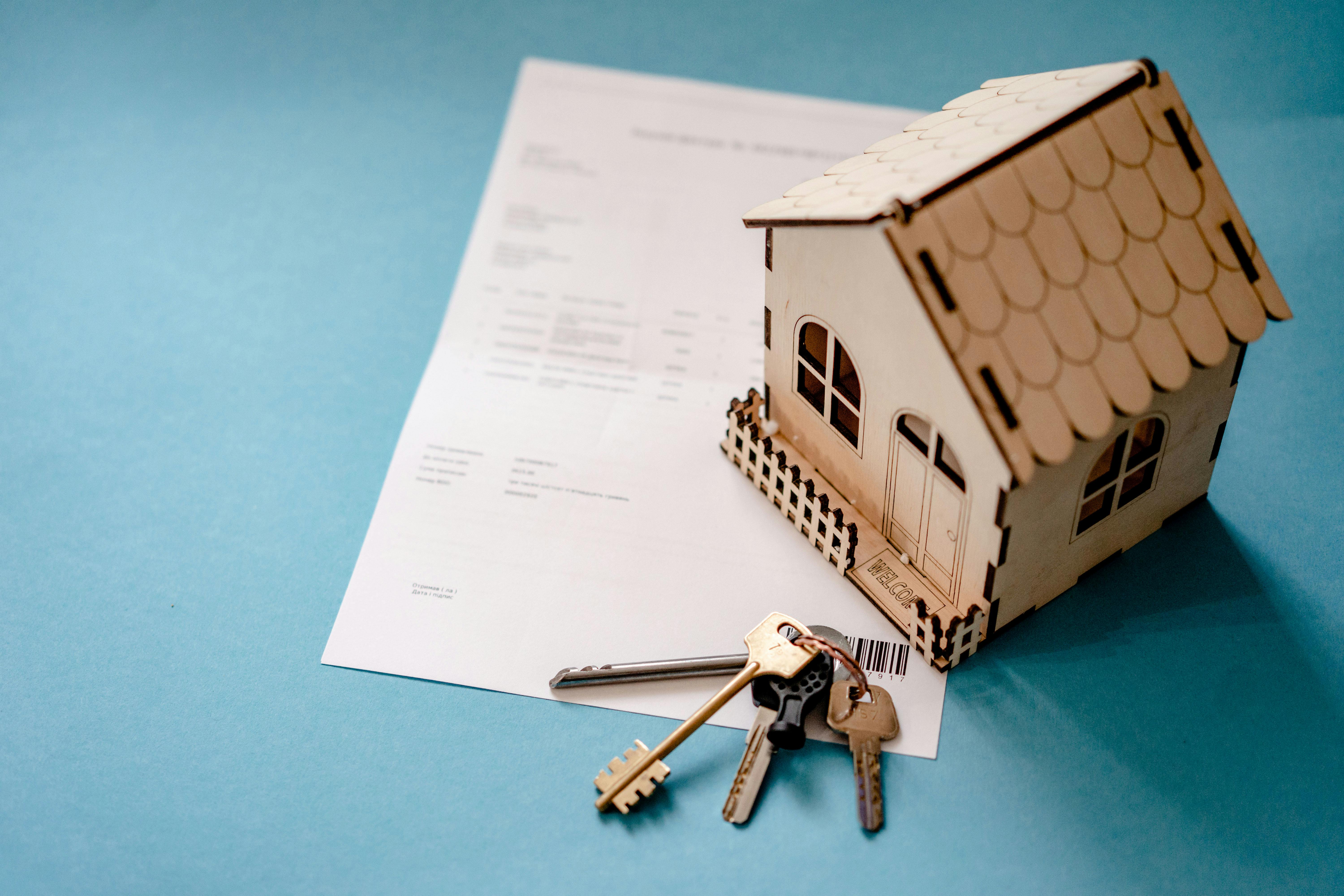Landlord Blog
Education and news for smart DIY landlords!
How to Buy a Home When You Have Student Loans

Buying a home is a significant milestone for many, but it can seem daunting when you’re carrying the weight of student loans. However, having student loans doesn’t mean you can’t qualify for a mortgage or buy a home.
With careful planning, a solid financial strategy, and a clear understanding of how lenders view your debt, homeownership is still within reach. Here’s how you can navigate the home-buying process while managing student loans.
1. Understand Your Debt-to-Income Ratio (DTI)
Your debt-to-income ratio (DTI) is one of the most important factors that lenders consider when deciding whether to approve you for a mortgage. This ratio compares your total monthly debt payments (including student loans, credit card payments, and other loans) to your gross monthly income.
Most lenders prefer a DTI of 36% or less, though some may accept higher ratios, especially if you have a strong credit score and savings.
To improve your DTI, consider reducing your monthly student loan payments through income-driven repayment plans or by refinancing your student loans at a lower interest rate.
2. Improve Your Credit Score
A good credit score is critical when applying for a mortgage. It determines the interest rate you’ll be offered and whether you’ll qualify for a loan in the first place.
If you have student loans, they may impact your credit score depending on how well you’ve managed them. Consistently making on-time payments can improve your credit score over time.
To further boost your credit score, ensure that all of your bills, not just student loans, are paid on time. Pay down any high-interest debt, avoid opening new lines of credit before applying for a mortgage, and regularly check your credit report for any errors that could hurt your score.
Read more: How to Fix Your Credit Score to Buy A House
3. Save for a Down Payment
Saving for a down payment can be challenging when you’re also paying off student loans, but it’s essential. A larger down payment can help reduce the size of your mortgage and potentially qualify you for better interest rates.
Aim to save at least 20% of the home’s purchase price to avoid paying private mortgage insurance (PMI), which adds to your monthly costs.
To build your down payment savings, consider setting up automatic transfers to a dedicated savings account, cutting unnecessary expenses, and exploring options like down payment assistance programs or gifts from family members.
Read more: How to Save for a Down Payment While Renting
4. Consider First-Time Homebuyer Programs
There are various first-time homebuyer programs that can make buying a home more accessible, even if you have student loans. Programs such as FHA loans allow for lower credit scores and smaller down payments.
Other programs, like VA loans for veterans, offer favorable terms without requiring a down payment. Explore federal, state, and local programs that may be available to you based on your financial situation and location.
5. Get Pre-Approved for a Mortgage

Before you start house hunting, it’s essential to get pre-approved for a mortgage. Pre-approval gives you an idea of how much home you can afford, and it shows sellers that you’re a serious buyer.
When you apply for pre-approval, your lender will evaluate your income, credit score, and debt obligations, including student loans. Having a pre-approval letter can streamline the home-buying process and give you more bargaining power.
6. Evaluate Your Budget and Stay Realistic
It’s important to be realistic about what you can afford. While it’s tempting to stretch your budget for a dream home, you don’t want to become "house poor" by taking on a mortgage that leaves little room for other financial goals, such as continuing to pay off student loans, saving for retirement, or handling emergency expenses.
Create a detailed budget that includes your monthly mortgage payment, student loan payments, and other living expenses. Be sure to factor in property taxes, insurance, and maintenance costs associated with homeownership. Sticking to a manageable budget will help you avoid financial strain.
Conclusion
Buying a home while carrying student loan debt may require extra planning and discipline, but it’s entirely possible. By understanding your debt-to-income ratio, improving your credit score, saving for a down payment, and taking advantage of homebuyer programs, you can position yourself for success.
With the right financial strategy, student loans don’t have to stand in the way of achieving your homeownership dreams.

